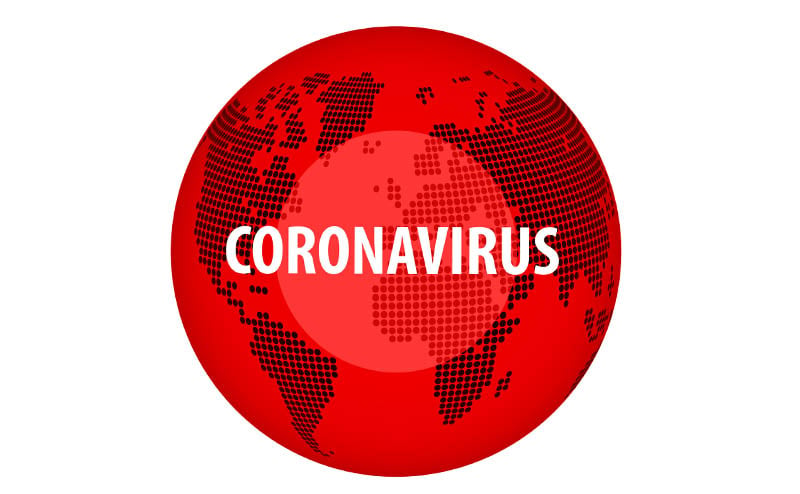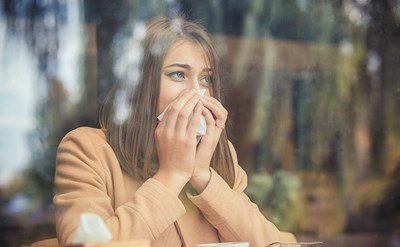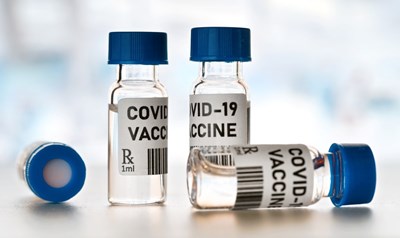The nation’s emergency physicians are on the frontlines of treatment and prevention of COVID-19. You should take appropriate precautions and consider simple steps to minimize your risk of getting or spreading the virus.
Reduce your risk
The best way to protect yourself and your family is to get vaccinated as soon as possible. All Americans aged 5+ are eligible to receive the COVID-19 vaccine. Many Americans are also currently eligible for a booster dose of vaccine that can strengthen your protection against severe illness and death.
Help slow to the spread of COVID-19 by following local health official recommendations and taking simple precautions when community spread is at a high level in your area.
- Avoid crowded indoor spaces.
- Cover your face in public.
- Always know when to go to the emergency department.
Symptoms
Call your doctor if you’ve been in contact with someone who already has COVID-19 or has traveled to an affected region and within 14 days you develop the following symptoms:
- Fever
- Coughing
- Shortness of breath
- Fatigue
- Headache
- Diarrhea
- Muscle/Body Aches
- Sore Throat
- Nausea/Vomiting
- New Loss of Taste and Smell
- Congestion/Stuffy Nose
Additional Resources
A one-pager that outlines what to do if you think you're sick with COVID-19, including information about getting tested, and how to know when to go to the emergency department.
ACEP Advocacy and Clinical Guidance
In addition to advocating for federal policy changes to ensure emergency departments are equipped to handle the pandemic, ACEP is providing up-to-date clinical guidance for emergency physicians via the National Strategic Plan for Emergency Department Management of Outbreaks of COVID-19.
 American College of Emergency Physicians
American College of Emergency Physicians







